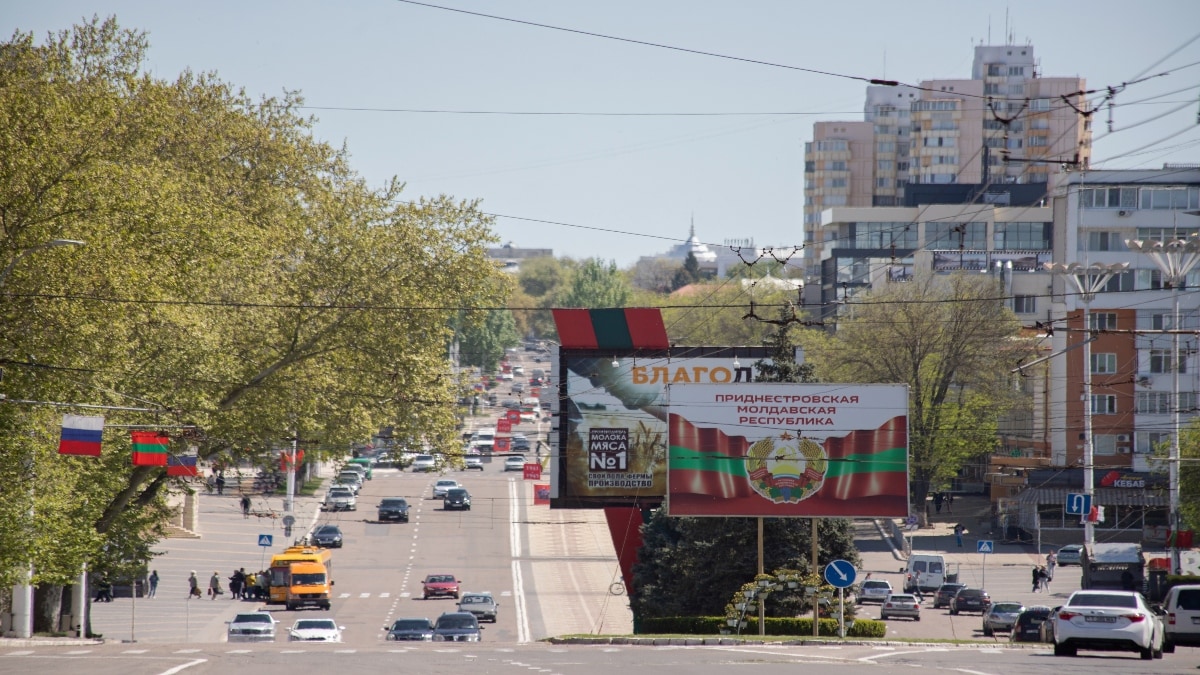The tiny separatist republic bordering Ukraine has been unable to provide heating and hot water to residents since New Year’s Day, when Russia’s Gazprom turned off the spigot over a financial dispute with the Moldovan government in Chisinauread more
EU foreign policy chief Kaja Kallas has accused Russia of using “gas as a weapon” and waging a “hybrid war” in Moldova, where the breakaway region of Transnistria has been without Russian gas since January 1.
“Russia continues to use gas as a weapon and once again Moldova is a target of its hybrid warfare,” Kallas said overnight Tuesday on social media platform X.
She said she had reaffirmed the EU’s “unwavering solidarity with Moldova” in a call with the country’s prime minister, Dorin Recean.
“Thanks to EU support Moldova remains resilient and well-connected to European energy networks,” Kallas said.
Russia continues to use gas as a weapon and once again Moldova is a target of its hybrid warfare.
Thanks to EU support Moldova remains resilient and well-connected to European energy networks.
In my call with @DorinRecean I reaffirmed our unwavering solidarity with Moldova.
— Kaja Kallas (@kajakallas) January 7, 2025
The tiny separatist republic bordering Ukraine has been unable to provide heating and hot water to residents since New Year’s Day, when Russia’s Gazprom turned off the spigot over a financial dispute with the Moldovan government in Chisinau.
The same day a major gas transit agreement between Moscow and Kyiv to ship gas across Ukraine came to an end.
The cut-off has plunged Transnistria into crisis, with most industry grinding to a halt.
With temperatures hitting freezing, people have been forced to burn wood or rely on plug-in electric heaters.
The thin sliver of land has been de facto controlled by pro-Russian forces since the collapse of the Soviet Union, but is internationally recognised as part of Moldova.
Russian supplies via Ukraine would have been cut off with the end of the transit deal anyway, but Chisinau said last year that Gazprom had the option of providing gas through a pipeline network that runs across the Black Sea to Turkey and then up through the Balkans.
The rest of Moldova has been spared for now, able to secure power imports from neighbouring Romania.
